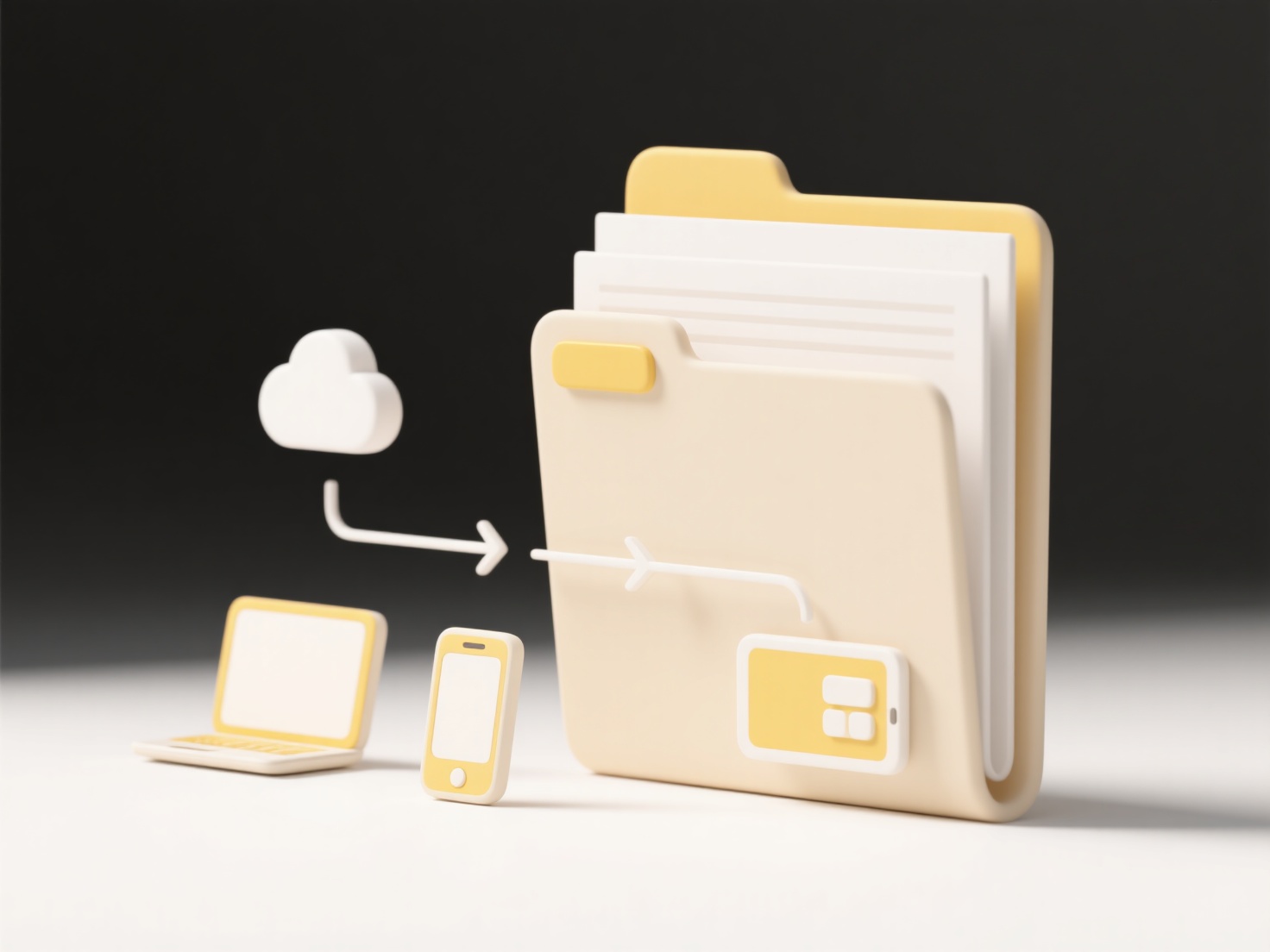
Monitoring and logging renaming activity involves tracking when files, folders, or digital objects (like database entries) have their names changed. This differs from simply auditing file access or deletions, as it specifically captures the modification of identifiers. Achieving this typically requires enabling audit policies within your operating system (like Windows Security Log auditing) or utilizing dedicated file integrity monitoring tools that log changes including renames.
Practical examples include tracking unintended name changes affecting linked documents in collaborative content management systems like SharePoint, helping trace how errors occurred. Industries such as finance and healthcare often use specialized monitoring tools to log file renames on critical servers, proving compliance with data integrity regulations by showing a history of changes to financial records or patient data identifiers.

The primary advantage is enhanced accountability and audit trails for troubleshooting or security investigations. However, constant monitoring can generate excessive logs impacting system performance, and tools may sometimes lack granular context for why a rename occurred. There are ethical considerations regarding user privacy versus organizational security needs; transparent policies about such logging are essential. Advancements in AI could improve filtering noise and interpreting log intent.
Can I monitor and log renaming activity?
Monitoring and logging renaming activity involves tracking when files, folders, or digital objects (like database entries) have their names changed. This differs from simply auditing file access or deletions, as it specifically captures the modification of identifiers. Achieving this typically requires enabling audit policies within your operating system (like Windows Security Log auditing) or utilizing dedicated file integrity monitoring tools that log changes including renames.
Practical examples include tracking unintended name changes affecting linked documents in collaborative content management systems like SharePoint, helping trace how errors occurred. Industries such as finance and healthcare often use specialized monitoring tools to log file renames on critical servers, proving compliance with data integrity regulations by showing a history of changes to financial records or patient data identifiers.

The primary advantage is enhanced accountability and audit trails for troubleshooting or security investigations. However, constant monitoring can generate excessive logs impacting system performance, and tools may sometimes lack granular context for why a rename occurred. There are ethical considerations regarding user privacy versus organizational security needs; transparent policies about such logging are essential. Advancements in AI could improve filtering noise and interpreting log intent.
Quick Article Links
Can I search for files downloaded today only?
Searching for files downloaded today refers to using built-in features on your computer or mobile device to filter your ...
What file formats are best for cross-platform compatibility?
Cross-platform file formats work across different operating systems and software without needing conversion or specific ...
Can I recover deleted files from cloud storage?
Cloud storage services typically retain deleted files temporarily instead of permanently erasing them immediately. When ...